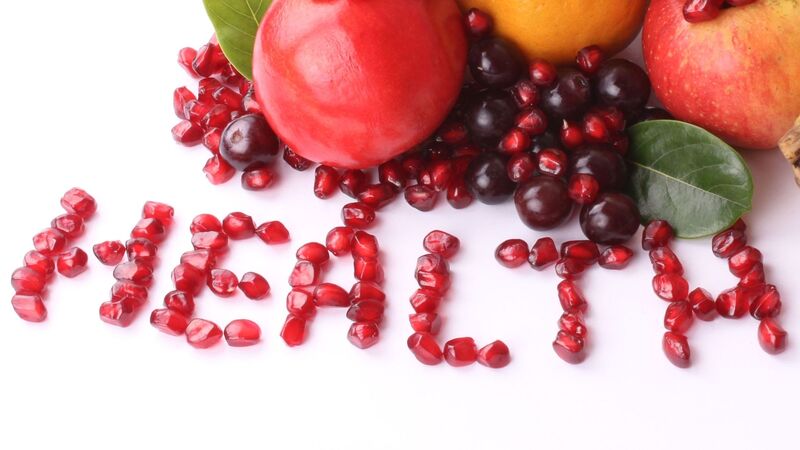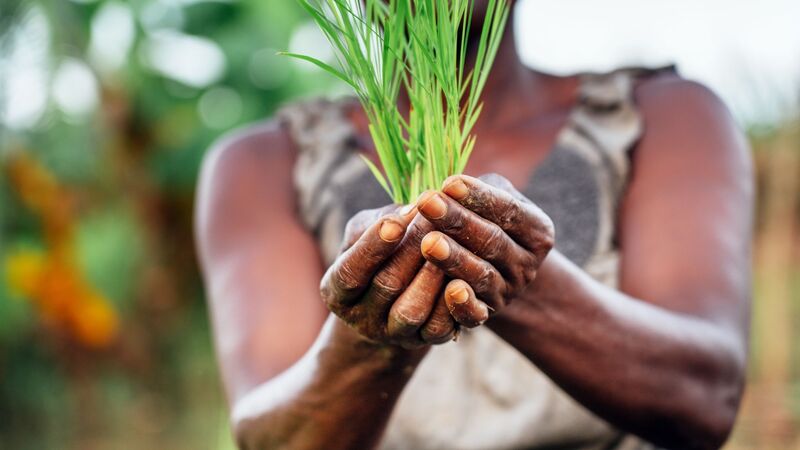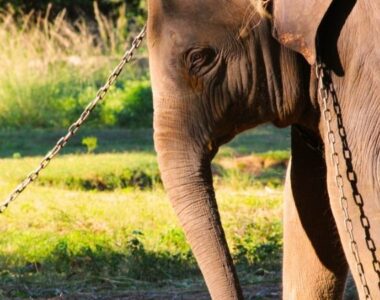
Multiple aisles in your local supermarket are dedicated to different types of meat, dairy, and even egg alternatives. It’s becoming the norm in cafés across the country to order your latté with oat milk rather than cow’s milk. There’s now a vegan butcher’s shop in Islington and a vegan cheesemonger in Tower Hamlets.
But why, you ask? What’s all the fuss about veganism, and why has it become so popular?
Well, look no further – because I’m here to explain the four main reasons why we should all be jumping on the vegan bandwagon and abstaining from using animal products, for good.

1. For the environment
The first time that my eyes were opened to the extent of the damage that our consumption of animal products has on the Earth’s environment was when I watched Cowspiracy: The Sustainability Secret (2014) While the accuracy of some of the stats mentioned in the film have faced scrutiny in recent years, the documentary was arguably ground-breaking in that it brought to the fore just how destructive the animal agriculture industry really is.
While the film’s claims that the animal agriculture industry is responsible for 51% of all worldwide greenhouse gas emissions have since been debunked, a 2018 peer-reviewed study found that completely removing animal products from our lives would still deliver a 28% reduction in global greenhouse gas emissions across all sectors of the economy.
So, when comparing a vegan diet with a diet that includes meat and dairy, it’s no secret as to which is more sustainable!

2. For our health
Going to the gym and eating a more balanced diet is a start, but if you’re still consuming meat, dairy or eggs, you’re putting yourself at serious risk of health complications in the future. According to PETA ‘the consumption of animal products has been conclusively linked to heart disease, cancer, diabetes, arthritis, and osteoporosis’.
This is due to the fact that they contain extremely high amounts of cholesterol and saturated fat which can contribute to issues such as high blood pressure and obesity, as well as unnatural chemicals including steroids and synthetic hormones.
On the other hand, evidence suggests that a plant-based diet can help with weight control and may even be able to slow the progression of illnesses such as arthritis, certain types of cancer and heart disease. So, food really is medicine!

3. To help end food insecurity & famine in the Global South
Adopting a plant-based diet is an important part of being a socially conscious global citizen. Did you know that if you live in North America, Europe or Australia and consume meat, dairy or eggs, you are inadvertently contributing to food poverty and famine in developing regions such as Latin America, Asia and Africa?
Academic Raj Patel details this North-South food divide in his 2007 book, Stuffed and Starved. He explains how developing regions in the Global South are incentivised by the powerful and wealthy regions of the Global North to use their limited resources and land to produce grain, which is then bought at a low cost by the Global North and fed to American, European and Australian livestock. The result is an extremely inefficient global food production system, whereby the Global South suffers from food insecurity and famine.
Cutting out the whole process of raising livestock in the first place and converting to a plant-based global food system could encourage both the Global North and the Global South to ‘feed themselves’ by growing more diverse, plant-based foods, rather than focussing on animal feed crops. This could well end the current neo-colonialism in the way food is produced today.

4. For the animals
I won’t go into detail in this article about the gruesome cruelty that animals across the world endure as part of the meat, dairy, and egg industries. If you do a little research, you will quickly learn that ‘humane slaughter is a myth, fabricated to sell more animal products.
There is clearly nothing ‘humane’ about killing an animal that wants to live. Studies show that, given the opportunity, animals will fight for their lives, the lives of their offspring, and the lives of their community members, just as vehemently as humans fight for our own lives when presented with danger.
The entire animal agriculture industry assumes that animals exist as a ‘resource’ that we can dominate, exploit, and generally do as we please. Peter Singer, moral philosopher and one of the critical founders of the animal rights movement, describes this as ‘speciesism’. We have a moral responsibility not to live in such a way that discriminates on the basis of species, he claims – and the only way this can be done is by having an entirely vegan diet and lifestyle.
So – what are you waiting for? Start your vegan journey today with VBazaar and shop our range of 100% animal and cruelty-free products. The environment, your health, the future of the global economy and – perhaps most importantly – the animals, depend on it!





